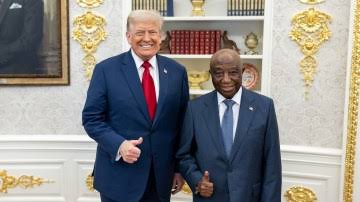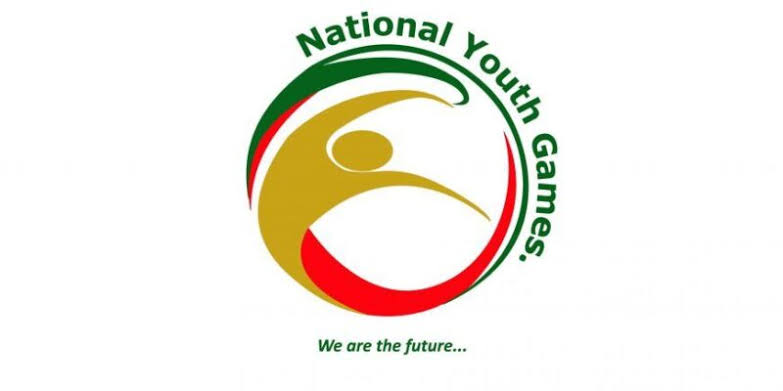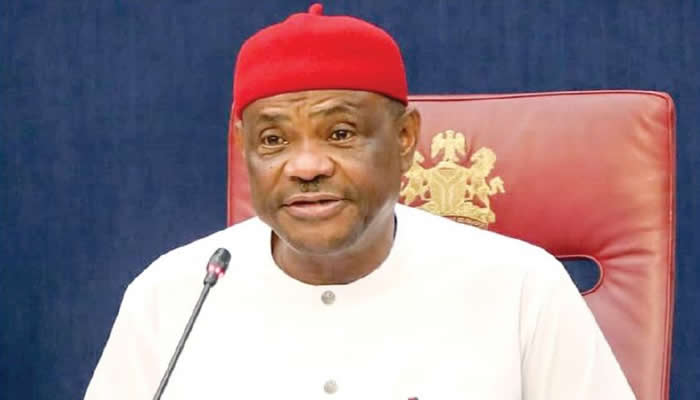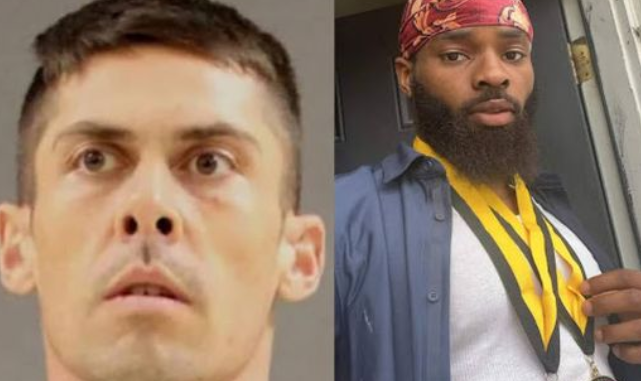
“Such Good English!” — Trump Baffles Many With Comment to Liberian President Joseph Boakai

In a moment now making international waves, former U.S. President Donald Trump stunned observers and sparked controversy after he praised Liberian President Joseph Boakai for his command of English during a high-level diplomatic meeting, asking, “Where did you learn to speak so beautifully?”
The incident took place during a White House-hosted luncheon with West African leaders, where President Boakai gave an eloquent speech in flawless English — Liberia’s official language. Trump, clearly surprised, leaned in and asked Boakai where he had learned to speak so well. When Boakai replied that he was educated in Liberia, Trump remarked, “That’s very interesting. Beautiful English.”
On the surface, it seemed like a compliment. But the remark quickly lit up global media and social platforms — not because of praise, but because of its tone-deaf implications.
Liberia, founded in the 19th century by freed American slaves, has spoken English as its official language since its inception. The country’s legal system, education, and political structures are modeled heavily on the American system. For many Liberians, English isn’t just a second language — it’s a native one. So, Trump’s question came across to many as not just uninformed but also patronizing.
“It’s both embarrassing and offensive,” tweeted one Liberian academic. “This shows how little some leaders know about Africa and its history.”
“Liberians have spoken English for longer than many Americans’ ancestors have been in the U.S.,” another critic posted.
The backlash wasn’t limited to social media. U.S. Congresswoman Jasmine Crockett called it “peak ignorance”, slamming Trump’s lack of awareness. International commentators described the comment as “another gaffe in a long pattern of cultural insensitivity” from the former president.
Still, the Trump camp has tried to downplay the uproar, calling the comment “a genuine compliment” and pointing to the warm diplomatic atmosphere of the event. “President Trump was moved by President Boakai’s eloquence and deep statesmanship,” a campaign aide said. “It was a sincere expression of admiration.”
Back in Liberia, the response has been more measured. Liberian officials stated they took no offense and hoped the viral moment would lead more people to learn about Liberia’s strong historical ties to the United States.
Yet the conversation it sparked cannot be undone. Trump’s comment, however innocent it may have been, reopened a global discussion about the assumptions Western leaders make about Africa — assumptions that echo old colonial mindsets and reinforce the idea that intelligence or eloquence in African leaders is surprising rather than expected.
For many Africans, especially young Liberians watching from across the diaspora, this moment wasn’t just about English — it was about dignity. It was a reminder of the subtle ways Africa still gets underestimated on the world stage, and why representation — and respect — in international politics matters more than ever.
President Boakai, to his credit, handled the situation with grace and dignity, offering no visible reaction to Trump’s question. His calm poise only solidified his image as a statesman — one who didn’t need validation from anyone, not even a former U.S. president.
In the end, Trump may have tried to pay a compliment, but the world heard something else: a reminder that respect must come with understanding — not surprise.
Watch the video below
“Such good English! Where did you learn to speak so beautifully?”
— Linda Ikeji Blog (@lindaikeji) July 10, 2025
– President Trump impressed by the impeccable spoken English of Liberian President, Joseph Boakai. pic.twitter.com/yVzML7i5Vf
Twitter Post
Visit website📌 Follow Busterblog.com for more global political moments reshaping how Africa is seen — and how Africa sees itself.


